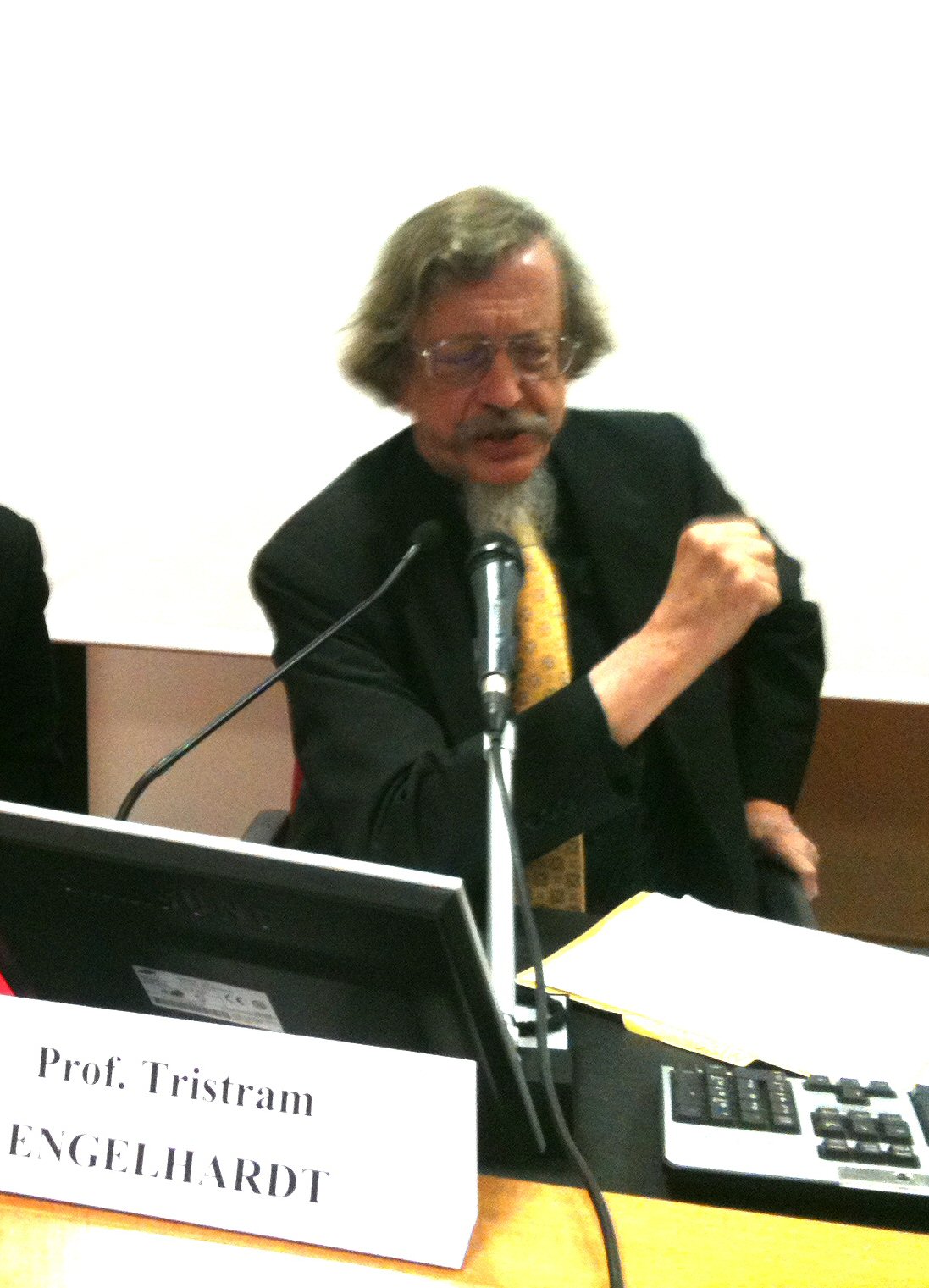Fostering the art of convergence and cooperation in global ethics among the three Monotheistic faiths using an academic model for dissemination and sharing of information and knowledge.
Jerusalem- A “Cry for Peace” is the emerging tone of the International Conferences on Bioethics and Religion being held December 13th-14th, 2009 at Pontifical Institute Notre Dame of Jerusalem Center. The UNESCO Chair in Bioethics and Human Rights (Rome, Italy) and the FIBIP (Federation of Centers and Institutes of Bioethics of Personalist Inspiration) are pleased to present conferences on “Culture of Life and Religion” and “Bioethics, Law and Religion in End of Life Issues.”
Hosted by the UNESCO Chair in Bioethics and Human Rights, established in two Roman universities, the Universita Europea di Roma and Ateneo Pontificio Regina Apostolorum, the conferences will be the first step in creating a permanent academic forum to promote dialogue and bioethical reflection in the light of human rights and duties addressed from different religious and cultural perspectives in an actively-advancing medical, legal and technological environment.
The conferences seek to foster the art of convergence and cooperation in global ethics among experts in bioethics coming from the great monotheistic religions— Judaism, Christianity and Islam. In the area of life issues there is a great deal of common ground shared among these three Abrahamic faiths. Advances in biotechnology and medicine are posing new challenges to which religion alone often cannot offer an adequate response. Through dialogue and mutual understanding, these experts are capable of bringing original contributions to these fields.
Bioethics is an interdisciplinary field addressing the ethical aspects of research and development in areas that include biology, medicine, neuroscience, stem cell research, nanotechnology, genetic experimentation and other technologies affecting life and health.
“One of the main goals for this gathering is to create a study group based upon mutual respect for shared values and for the dignity of all religions and cultures,” said Dr. Alberto Garcia, Conference Director. “It is through this type of dialogue in an open forum that ideas solidify and often times serve as the basic guidelines for significant legislative and public policy changes which affect all humanity. “
“In the first few days of preliminary meetings, we are greatly inspired by the welcoming reception we have received,“ Dr. Garcia said. “You can feel the warmth of co-operation in every handshake and, as one participant observed, the spirit reflected here is a ‘Cry for Peace.’ We are working together for the good of all mankind.”
The opening day of the event is titled, ”Culture of Life and Religion” and features lectures on “Life and Bioethics” presented by speakers from each religious tradition. Lectures will be translated simultaneously into Arabic, English, Hebrew and Italian. Dr. David Heyd, Hebrew University of Jerusalem, will discuss the Jewish cultural perspective, Dr. Mustafa Abu Sway, Al-Quds University of Jerusalem, will speak on the Islamic culture, and HEM Elio Sgreccia, Emeritus President of Pontifical Academy of Life, will express the Christian viewpoint. Round table discussions in “Priority Agenda of Intercultural Dialogue in the Areas of Life and Health Issues, Culture and Bioethics“ will be led by Dr. Amnon Carmi, UNESCO Chair in Bioethics, University of Haifa, Israel.
“Bioethics, Law and Religion in End of Life Issues,” will be the topic of the second day. Round table discussions will include “Proportionality in Therapy, Palliative Care and Living Wills“ and “Death, Determination of Death and Euthanasia.”
Speaking on “Positive Law, Ethics and Religion” is Dr. Laura Palazzani, LUMSA University, Rome, Italy. Other speakers include Dr. Colleen M. Gallagher, University of Texas; M.D. Anderson, Cancer Center of Houston, Texas; Dr. Mutairu Ezimokhai, United Arab Emeritus University, Al Ain, UAE;
Dr. Paulina Taboada, Catholic University, Chile; Dr. Jonathan Halevy, Shaare Zedec Medical Center, Jerusalem; Dr. Gonzalo Miranda, LC, School of Bioethics, Regina Apostolorum, Rome, Italy. Fr. Eamon Kelly, LC, Vice-Director, Pontifical Institute Notre Dame of Jerusalem Center, will welcome conference participants. The Hebrew University of Jerusalem will be assisting and collaborating in the conferences.
UNESCO, the United Nations Educational, Scientific and Cultural Organization, was founded in 1945. Today it functions as a laboratory of ideas and a standard-setter to forge universal agreements on emerging ethical issues.
In 2009, UNESCO signed an agreement to establish a UNESCO Chair in Bioethics and Human Rights in Rome. The UNESCO Chair offers academic degrees in bioethics and human rights and promotes and conducts research projects. The Roman universities have also formed partnerships with Universidade Agostinho Neto in Luanda, Angola, and Universidad Anahuac in Mexico City, Mexico.
Dr. Garcia says, “One of our most important goals is to be current on the latest scientific developments in biomedicine and technology, anticipating potential areas of conflict and offering creative insights and proactive resolutions to ethical dilemmas. There is much to be done in recruiting scholars to our field of study and in providing education and training, as well as encouraging research. We want to invite other experts coming from different cultural and religious backgrounds to join us in the spirit of the principles of the Universal Declaration on Bioethics and Human Rights, approved by UNESCO. We are appealing to everyone who respects human dignity to support us.”

 On March 11, 2010, Professor Tristram Engelhardt visited the Regina Apostolorum Univeristy and met with students and faculty. He answered many of the questions directed to him regarding his understanding of faith and reason in bioethics, human rights, and global bioethics.
On March 11, 2010, Professor Tristram Engelhardt visited the Regina Apostolorum Univeristy and met with students and faculty. He answered many of the questions directed to him regarding his understanding of faith and reason in bioethics, human rights, and global bioethics.

